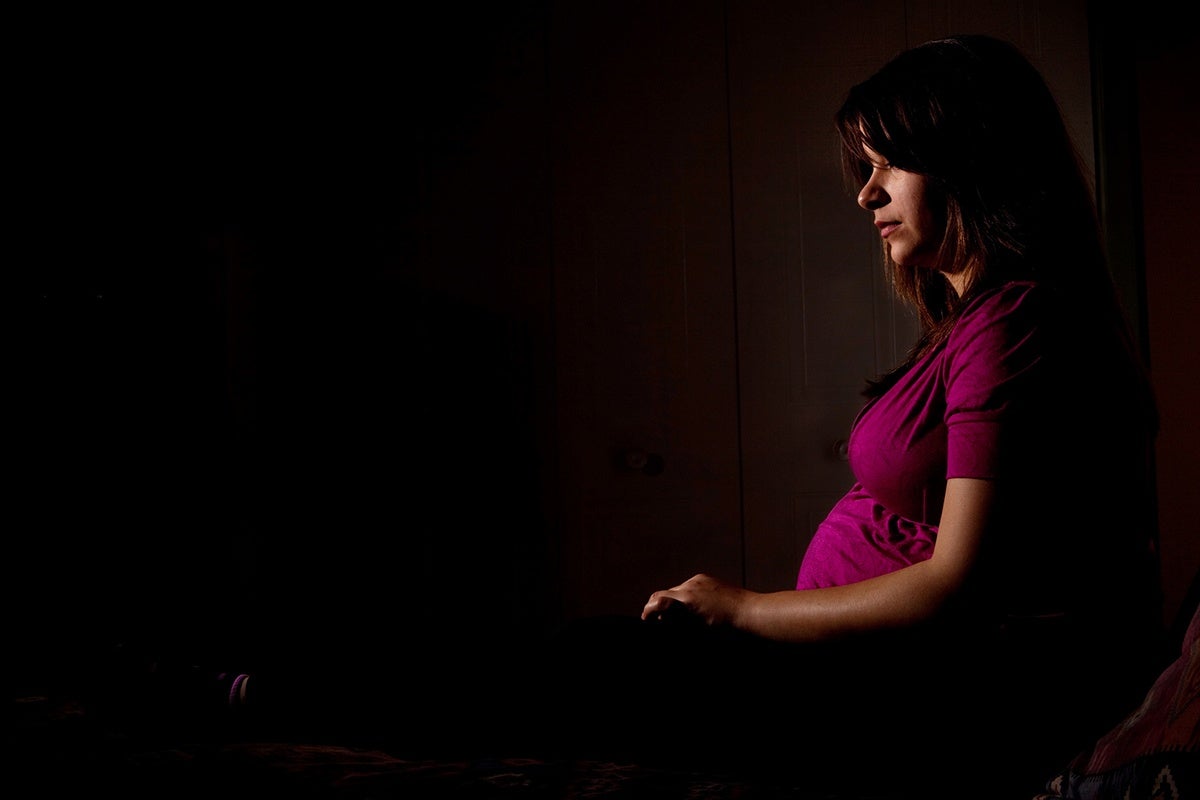Levi H, Carmi S, Rosset S, Yerushalmi R, Zick A, Yablonski-Peretz T, Wang Q, Bolla MK, Dennis J, Michailidou K, Lush M, Ahearn T, Andrulis IL, Anton-Culver H, Antoniou AC, Arndt V, Augustinsson A, Auvinen P, Beane Freeman L, Beckmann M, Behrens S, Bermisheva M, Bodelon C, Bogdanova NV, Bojesen SE, Brenner H, Byers H, Camp N, Castelao J, Chang-Claude J, Chirlaque MD, Chung W, Clarke C, Collee MJ, Colonna S, Couch F, Cox A, Cross SS, Czene K, Daly M, Devilee P, Dork T, Dossus L, Eccles DM, Eliassen AH, Eriksson M, Evans G, Fasching P, Fletcher O, Flyger H, Fritschi L, Gabrielson M, Gago-Dominguez M, García-Closas M, Garcia-Saenz JA, Genkinger J, Giles GG, Goldberg M, Guénel P, Hall P, Hamann U, He W, Hillemanns P, Hollestelle A, Hoppe R, Hopper J, Jakovchevska S, Jakubowska A, Jernström H, John E, Johnson N, Jones M, Vijai J, Kaaks R, Khusnutdinova E, Kitahara C, Koutros S, Kristensen V, Kurian AW, Lacey J, Lambrechts D, Le Marchand L, Lejbkowicz F, Lindblom A, Loibl S, Lori A, Lubinski J, Mannermaa A, Manoochehri M, Mavroudis D, Menon U, Mulligan A, Murphy R, Nevelsteen I, Newman WG, Obi N, O'Brien K, Offit K, Olshan A, Plaseska-Karanfilska D, Olson J, Panico S, Park-Simon TW, Patel A, Peterlongo P, Rack B, Radice P, Rennert G, Rhenius V, Romero A, Saloustros E, Sandler D, Schmidt MK, Schwentner L, Shah M, Sharma P, Simard J, Southey M, Stone J, Tapper WJ, Taylor J, Teras L, Toland AE, Troester M, Truong T, van der Kolk LE, Weinberg C, Wendt C, Yang XR, Zheng W, Ziogas A, Dunning AM, Pharoah P, Easton DF, Ben-Sachar S, Elefant N, Shamir R, Elkon R.
J Med Genet.
2023 Nov 27.
60(12):1186-1197.
PMID: 37451831



